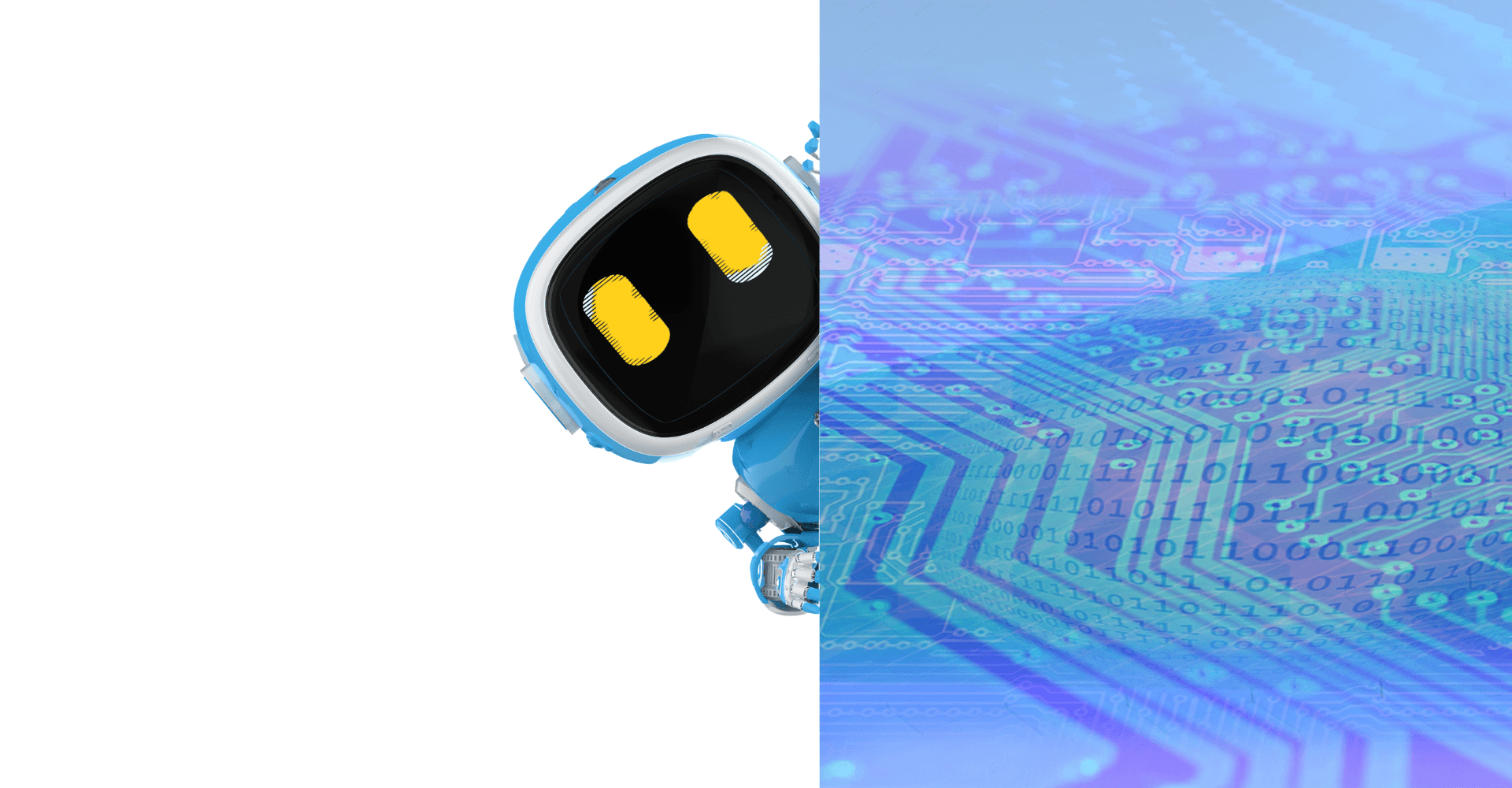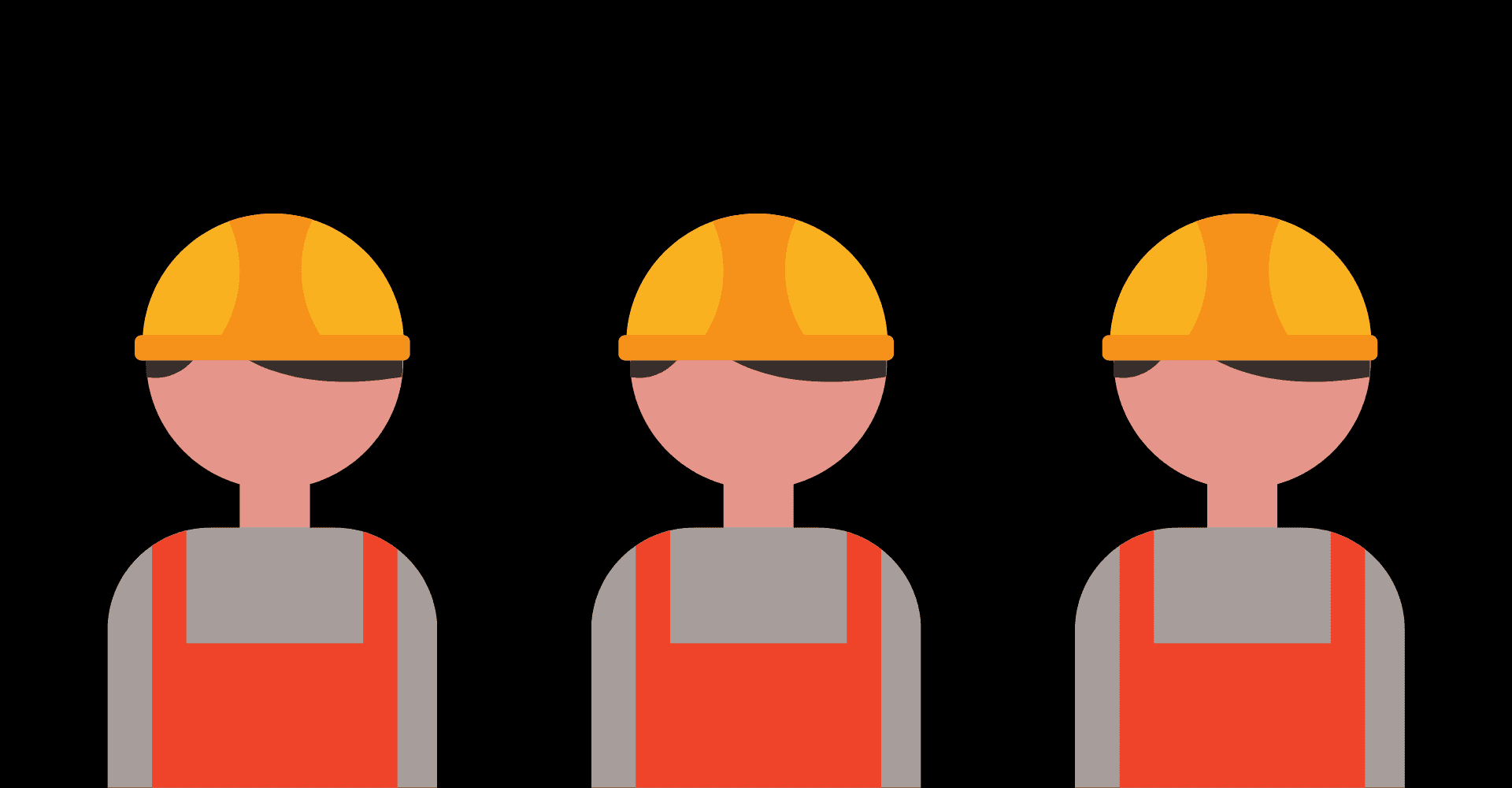Assistive Technology for Dyslexia and ADHD: A Game-Changer in Education

In a world where learning continues to evolve, assistive technology is emerging as a powerful tool to break down barriers in education. On this episode of the Open Hearted Podcast, host Will Wheeler and co-host Photon John sit down with Tor Ghai, the founder of TorTalk, to discuss the critical role assistive technology plays in supporting neurodivergent learners—particularly those with dyslexia and ADHD. What follows is a deep dive into the practical, emotional, and technical sides of creating inclusive learning environments through innovative digital tools.
From Personal Struggle to Innovation
Tor Ghai, a Swedish entrepreneur diagnosed with dyslexia and ADHD, knows firsthand the challenges of navigating education as a neurodivergent learner. Throughout his life, he encountered barriers that many in the neurodivergent community know all too well—difficulty retaining information from text, slow reading speeds, and the emotional toll of not being able to keep up with peers. But instead of accepting those limitations, Tor decided to create something that could change lives.
Tor’s experience led him to develop TorTalk—a user-friendly, high-speed text-to-speech software designed with the needs of neurodivergent individuals at its core. What makes TorTalk unique is that it's built by someone who truly understands the problem. Tor didn’t just build the tool—he lives by it, using it to manage his own learning and professional work every day.
What Is TorTalk and How Does It Work?
TorTalk is an assistive text-to-speech application that enables users to select any digital text—on a website, in a PDF, or even on an image—and have it read aloud instantly. It provides a small, intuitive floating toolbar that can be used to play, pause, and adjust the reading speed without navigating away from your task. This makes it ideal for students, educators, researchers, and professionals alike.
One of its standout features is the ability to skip over citations and parenthetical content—an innovation especially helpful when reading academic papers. For neurodivergent students, this helps reduce cognitive overload and allows them to focus on the core content, improving both comprehension and retention.
Barriers in Education for Neurodivergent Learners
Traditional education systems often fail to accommodate neurodivergent learners. These students are typically required to process large volumes of written information daily, a task that can be mentally and emotionally exhausting for those with dyslexia, ADHD, or other learning differences. Unfortunately, this often results in them being mislabeled as lazy or incapable—labels that can have long-term impacts on their confidence and academic outcomes.
Assistive technology helps dismantle these barriers. By providing equitable access to content, students are no longer defined by how fast they can read but by how well they understand and apply what they've learned. For many, this marks the first time they feel truly capable in an academic setting.
Confidence Through Accessibility
Co-host Will Wheeler shared his personal experience using assistive technology, explaining how TorTalk empowered him to engage with dense research articles that he previously would have avoided. By making the reading experience smoother and less mentally taxing, tools like TorTalk not only help with academic performance but also significantly boost confidence.
Confidence in one's ability to succeed is a crucial driver of long-term success. When neurodivergent learners feel supported and capable, they are more likely to participate, contribute, and take on leadership roles—both in school and in life.
Assistive Tech in Higher Education and Beyond
Assistive technology isn’t just an academic tool—it’s a lifelong resource. As students transition into the workforce, the skills and tools they’ve relied on continue to serve them. For example, many professionals use TorTalk to review long emails, documents, or even meeting transcripts on the go.
Employers are also beginning to see the benefits of neurodiverse teams. But inclusion starts with access, and that’s where tools like TorTalk come in. They enable neurodivergent employees to perform at their best by reducing barriers in communication and information processing.
Why Don’t More Schools Use Assistive Tech?
Despite its benefits, many educational institutions still fail to implement assistive technology. One common barrier is lack of awareness among educators and decision-makers. Others may see it as an ‘extra’ rather than an essential component of inclusive education.
Tor explains that often, these tools are purchased without proper training or involvement from the end users—students themselves. To ensure effectiveness, it's vital that assistive tech is co-designed or tested with neurodivergent individuals, ensuring that their voices are reflected in the product design.
What’s Next for Assistive Technology?
With rapid advancements in artificial intelligence, the future of assistive technology is bright. AI can summarise documents, translate speech in real time, and even convert speech into notes. These features have the potential to revolutionise education for students of all backgrounds—not just neurodivergent ones.
Tor shared how he frequently uses ChatGPT to structure ideas that might otherwise feel scattered due to ADHD. This collaborative workflow enables clearer communication, faster content creation, and improved self-expression—all of which are essential for success in today’s digital world.
Final Thoughts
Assistive technology is not a luxury—it’s a necessity. For millions of neurodivergent learners around the world, tools like TorTalk are a lifeline. They create opportunities where there were once obstacles and open doors that were previously shut. It’s time we stop asking whether assistive technology is needed and start asking how we can implement it more effectively.
If we want to build truly inclusive classrooms, workplaces, and communities, assistive technology must be part of the equation. And thanks to innovators like Tor Ghai, the future of accessible education looks more promising than ever.
To hear the full conversation, check out the Neurodivergent Mates Podcast, available now on Spotify and major platforms.
Listen to our Podcast
Explore Neurodivergent Mates




Subscribe to our Newsletter!
Be the first to get exclusive offers and latest news